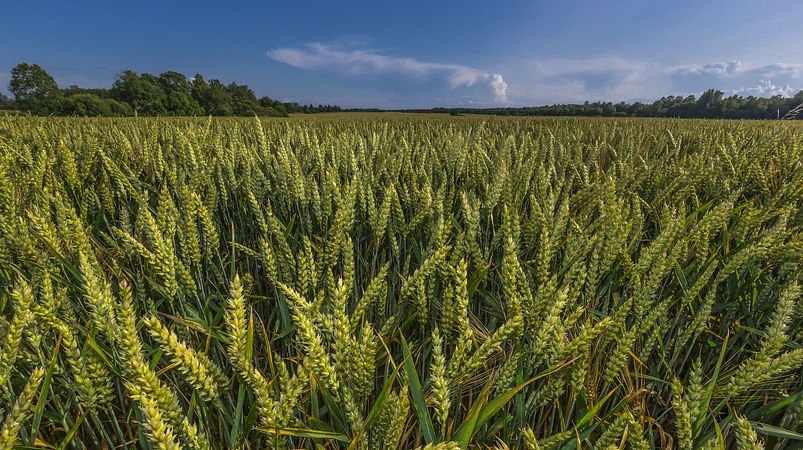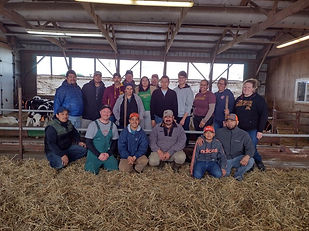
Michael Fields Policy Program
Michael Fields’ Policy Program is predicated on the simple belief that people should be empowered to use democratic processes to direct government resources to advance their vision of agriculture in society.
Given MFAI’s mission of nurturing the ecological, social and economic resilience of food and farming systems through education, research, policy, and market development, we advance many policy initiatives to support that vision both at the federal and state levels.
Overview

For many years, we coordinated the national sustainable agriculture movement’s annual grassroots campaign to obtain funding for sustainable agriculture programs. We have worked through many Farm Bills to advocate for the creation of new programs and improvement of existing ones and have worked with agencies to optimally implement those programs. Examples have ranged from local food programs like the Farmers Market Promotion Program, to conservation programs such as the Conservation Stewardship Program, to payment limits on federal commodity and crop insurance programs.
In Wisconsin, we have successfully advanced numerous programs such as the Buy Local, Buy Wisconsin program and Farm to School programs, whose legislative passage Michael Fields coordinated and led, and sustainable agriculture research and outreach programs at the University of Wisconsin-Madison. Over many years, we have also promoted managed grazing, bioenergy, new markets and opportunities, local food, agricultural innovation, and resources for the next generation of farmers.
Michael Fields also works to build the capacity of the sustainable movement. Numerous advocates working in the sustainable agriculture movement found their first foothold in our policy internships or first jobs in our policy program. Since 1996, we have authored a nationally used Guide to Federal Programs serving sustainable agriculture interests and offer grant-writing workshops to help farmers and ranchers nationwide access federal programs’ resources.
Michael Fields’ policy work is undertaken collaboratively. For example, we are very active in the National Sustainable Agriculture Coalition (NSAC) and other national partners in federal Farm Bill authorizations and annual appropriations work. At the state level, virtually every initiative that we undertake engages other partners in the enterprise; we are especially known for finding unexpected partnerships.

Federal Policy
2023 Farm Bill
The authorizing legislation that governs the overwhelming majority of federal policy related to farming, agricultural conservation, rural development, research, food, and more is the Farm Bill, which is passed every 4-6 years. Principally through our work as a member of the National Sustainable Agriculture Coalition (NSAC), Michael Fields Agricultural institute advocates for policies that advance our mission. Examples of policy ideas for which we are advocating in the 2023 Farm Bill include:
Measuring Societal Benefits Project
In 2020, MFAI launched a national discussion about the non-farm, or societal, benefits of soil health practices. With the National Center for Appropriate Technology, we convened an interdisciplinary team that chose to begin with the question, “How do different conservation/soil health-building practices reduce the amount and contamination of water leaving farm fields from storms of differing severity and timing?” Under principal authorship respectively of Dr. Dianna Bagnall, with the Soil Health Institute, and consultant Juli Obudzinski, we developed and in March 2022 presented two papers reflecting our discussions, Measuring Societal Benefits of Soil Health: Biophysical Dynamics and Hydrological Ecosystem Services, and Cost Savings for Local Municipalities, Rural Communities, and States.
Annual Appropriations
For over 20 years, MFAI coordinated the annual grassroots campaign to optimize federal funding for the sustainable agriculture movement, through NSAC. In more recent years, we have applied those skills and strategies to two main priorities for conservation:
Frequently asked questions
State Policy

Frequently asked questions









